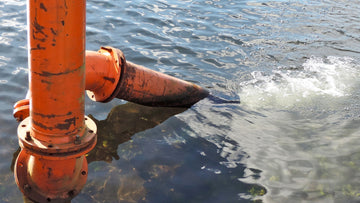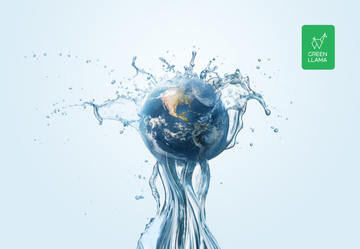How Laundry Affects Our Rivers and Lakes
Once abundant in European rivers, salmon populations dwindled due to pollutants. However, advancements in wastewater management have revitalized these aquatic ecosystems, signaling hope for their return. This shift underscores the broader impact of everyday tasks, like laundry, on environmental health and biodiversity.
The Journey of Laundry Pollutants
Laundry wastewater carries chemicals into sewage systems or, in rural areas, septic tanks, ultimately releasing into natural waterways. At Green Llama, our goal is to ensure our products are biodegradable, non-toxic to aquatic life, and environmentally safe.
The Shift from Soap to Detergents
Historically, soap was the go-to for laundry until WWII shortages led to the creation of synthetic detergents. However, many of these ingredients pose risks to both human health and the environment.
Environmental Offenders in Laundry Detergents
- Phosphate: Used to soften water in detergents, phosphate contributes to harmful algal blooms and eutrophication, suffocating aquatic life.
- Surfactants: Essential for removing grease, some surfactants can harm fish and aquatic plants, disrupting ecosystems.
- Plastic Packaging: While not directly a laundry chemical, plastic packaging contributes to the pervasive problem of microplastics in our oceans.
Choosing Sustainable Laundry Solutions
Green Llama is excited to introduce our environmentally friendly laundry detergent, designed with non-toxic ingredients and 100% home compostable packaging. Stay tuned for our launch and join us in making laundry sustainable.
References
- Jianan Zhou, et al. (2018). Toxicity of linear alkylbenzene sulfonate to aquatic plant Potamogeton perfoliatus L. Environ. Sci. Pollut. Res. Int.
- Heather A Leslie, et al. (2022). Discovery and quantification of plastic particle pollution in human blood. Environ. Int.






